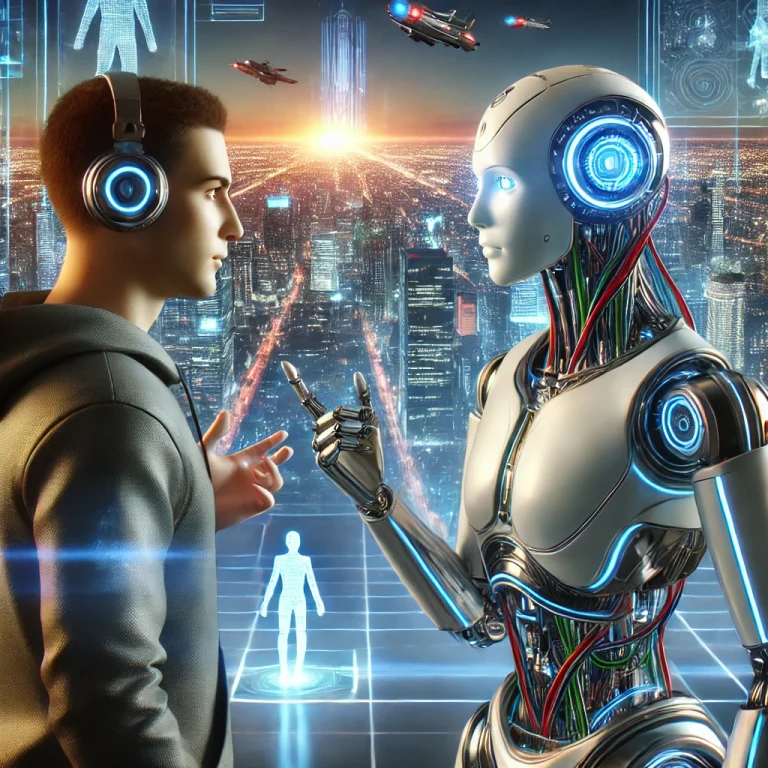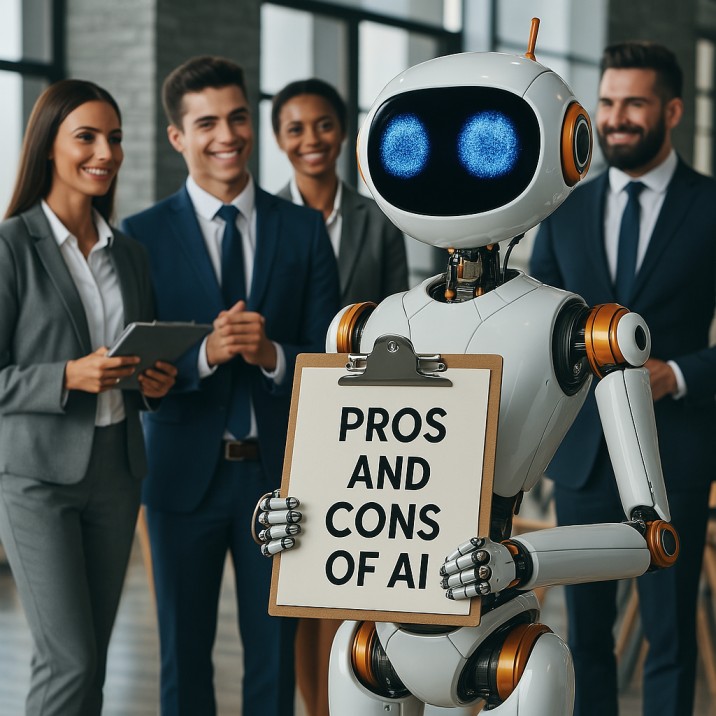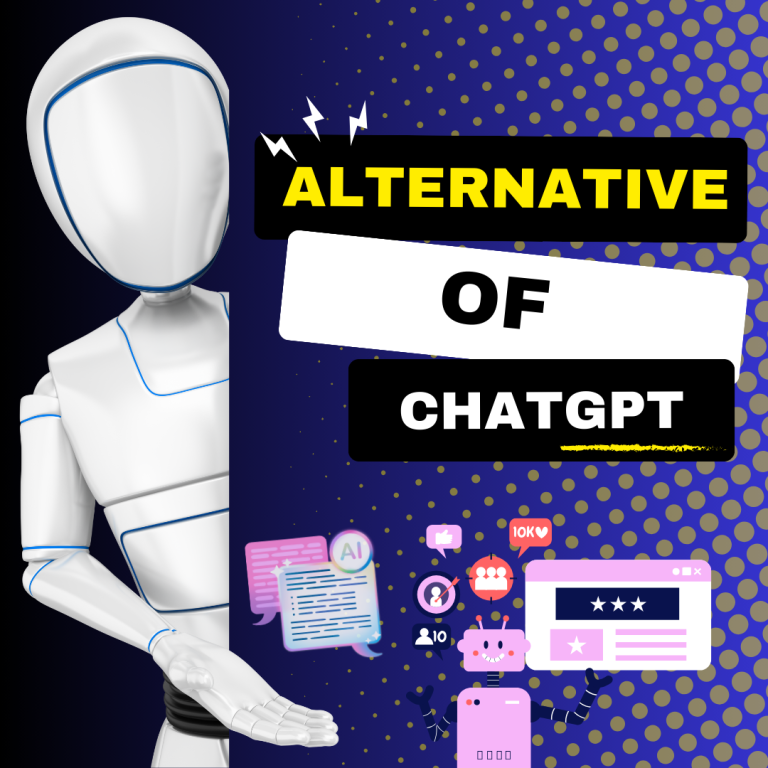Artificial Intelligence vs. Human Intelligence :
A Comprehensive Analysis
Artificial Intelligence (AI) has made significant advancements in recent years, transforming industries, automating tasks, and even simulating aspects of human cognition. However, AI remains fundamentally distinct from Human Intelligence (HI). While AI excels at processing vast amounts of data, recognizing patterns, and executing tasks with precision, HI is defined by emotional intelligence, creativity, ethical reasoning, and adaptability—qualities that AI currently lacks. This raises critical questions: How do AI and HI compare, and how can they complement each other? Let’s explore their fundamental differences and potential for collaboration.

Human Intelligence: A Multidimensional Framework
Human intelligence is a complex cognitive system shaped by experience, social interactions, and environmental factors. It enables individuals to think critically, learn from experience, and navigate novel situations with ease.
Key Attributes of HI:
- Experiential Learning: Humans acquire knowledge through observation, trial and error, and emotional engagement, making learning highly contextual.
- Emotional Intelligence: The ability to perceive, understand, and regulate emotions plays a crucial role in decision-making and social interactions.
- Creativity and Innovation: Unlike AI, human cognition fosters abstract thought, artistic expression, and original problem-solving approaches.
- Moral and Ethical Reasoning: Humans evaluate situations based on values, ethics, and societal norms, allowing for nuanced decision-making.
- Adaptive Problem-Solving: Humans excel at responding to unpredictable environments and generating solutions beyond predefined algorithms.
Artificial Intelligence: Capabilities and Constraints
AI refers to computational systems designed to emulate aspects of human cognition through algorithms, machine learning models, and data-driven decision-making.
Core Characteristics of AI:
- Data-Driven Learning: AI systems analyze structured datasets to recognize patterns and optimize performance over time.
- High-Speed Processing: AI surpasses human capabilities in processing large-scale data and executing computations in milliseconds.
- Automation and Precision: AI efficiently performs repetitive tasks, minimizing errors and increasing productivity.
- Lack of Emotional Cognition: AI operates strictly on logic and statistical analysis, lacking true empathy or subjective experience.
- Task-Specific Intelligence: AI systems are designed for specialized domains, meaning they lack the general intelligence that humans possess.
Comparative Analysis: Artificial Intelligence vs. Human Intelligence
Feature | Human Intelligence (HI) | Artificial Intelligence (AI) |
Learning Process | Acquires knowledge through experience, context, and emotions | Learns through structured data and algorithms |
Decision-Making | Integrates ethical, emotional, and logical reasoning | Uses statistical and data-driven analysis |
Creativity | Generates original ideas and artistic innovation | Limited to recombining existing data patterns |
Adaptability | Instinctively adapts to new environments and ambiguous scenarios | Requires retraining for novel situations |
Processing Speed | Slower, but capable of deep, multi-layered reasoning | Faster, capable of analyzing massive datasets instantly |
Emotional Awareness | Possesses empathy and self-awareness | Lacks genuine emotional understanding |
Autonomy | Capable of independent thought and abstract reasoning | Functions within predefined programming constraints |
Strengths and Limitations of AI and HI
AI Strengths:
High-speed data processing and analysis
Automation of complex, repetitive tasks
Operates without fatigue or cognitive biases
Enhances efficiency in fields such as medical diagnosis and fraud detection
AI Limitations:
Lacks creativity and true emotional intelligence
Prone to bias if trained on skewed data
Struggles with unstructured, ambiguous problems
Lacks ethical reasoning and autonomous moral judgment
HI Strengths:
Capable of abstract reasoning and creative problem-solving
Demonstrates emotional intelligence and social awareness
Makes ethical decisions based on values and moral frameworks
Adapts to dynamic, unforeseen circumstances
HI Limitations:
Limited capacity for processing large datasets at high speeds
Susceptible to cognitive biases and emotional influence
Requires rest and is affected by psychological and physiological limitations
AI and HI: A Symbiotic Future
AI is not a replacement for human intelligence but a tool designed to augment human capabilities. The most effective implementations of AI occur when it handles data-intensive tasks while human intelligence drives ethical, creative, and strategic decision-making.
Key Areas of AI-HI Collaboration:
- Healthcare: AI aids in diagnostics and predictive analysis, but human expertise ensures ethical patient care and personalized treatment plans.
- Finance and Business Strategy: AI detects market trends and fraud, while human decision-makers interpret insights and drive innovation.
- Education: AI-powered adaptive learning systems personalize instruction, while educators provide mentorship and holistic development.
- Creative Industries: AI assists in content generation and data-driven creativity, but human artists and writers shape narratives and cultural impact.
Rather than viewing AI and HI as opposing forces, we should recognize their complementary nature. By leveraging AI’s computational power alongside human adaptability and ethical reasoning, we can create a future where technology enhances—rather than replaces—human potential.
What are your perspectives on the evolving role of AI in human society? Let’s engage in a deeper discussion on this transformative shift.




